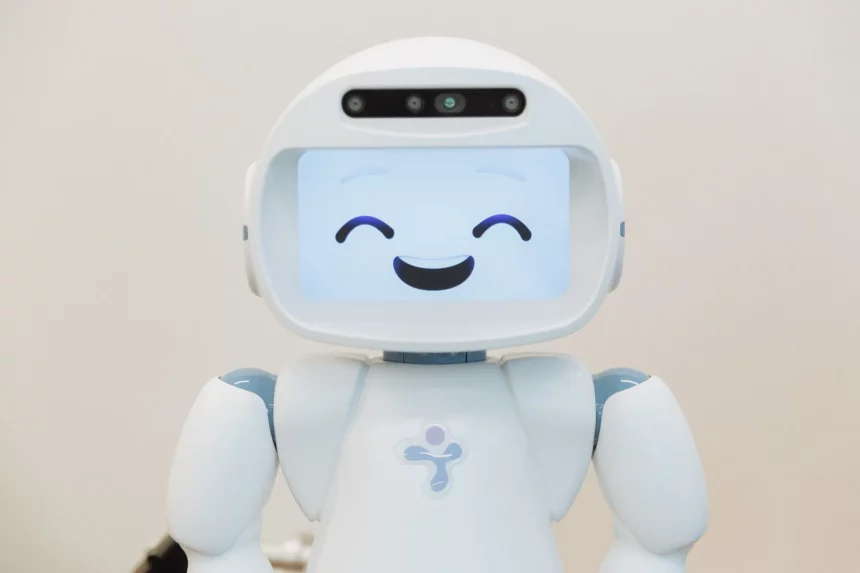In the face of a dual dementia diagnosis for her parents in 2020, the author embarked on a challenging caregiving journey, seeking innovative solutions at the intersection of technology, robotics, and human-centric design.
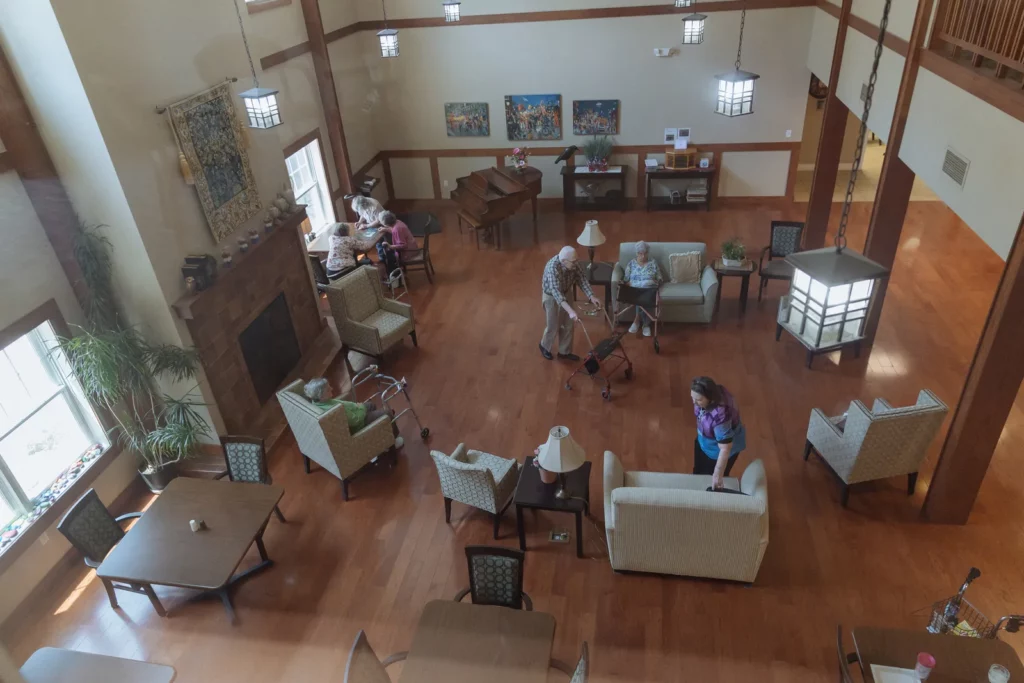
Contrary to prevailing narratives of despair, the author discovered that her parents retained their essence despite cognitive challenges. The goal shifted to enhancing their remaining years with joy and meaning, emphasizing the emotional and spiritual aspects of dementia care.
The rise of empathetic robotics
In the dynamic landscape of dementia care, a visionary group of roboticists is reshaping the narrative, infusing hope and purpose into the lives of individuals facing cognitive challenges. This innovative approach, rooted in a blend of anthropology, psychology, and design, stands as a beacon against the prevailing despair often associated with dementia.
Leading this transformative movement are esteemed researchers, notably Selma Šabanović and Rens Brankaert, who have emerged as pioneers in the field. Their collaborative efforts seek to redefine the boundaries of caregiving by introducing empathetic robots designed to bring not just assistance but genuine joy and flourishing to those navigating the complexities of dementia.
QT – A robot with purpose
Explore QT, a research device equipped with advanced features developed by Luxembourgian company Šabanović collaborates with. QT aims to bring moments of joy and purpose through human-robot interactions.
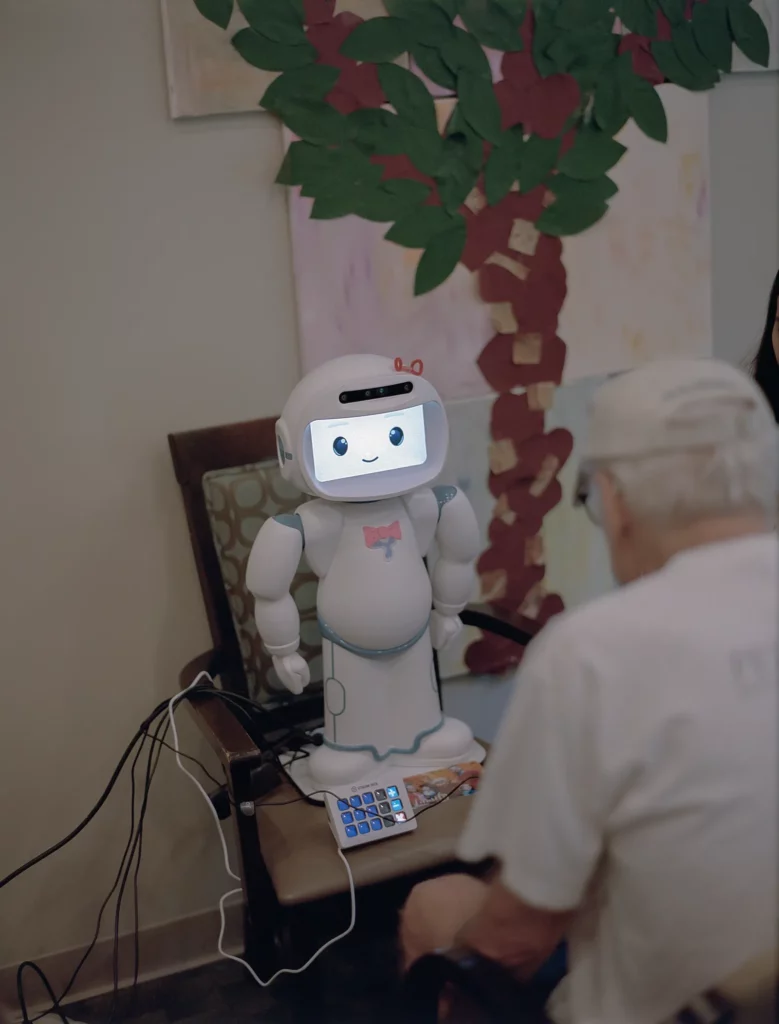
Researchers in the Netherlands, led by Rens Brankaert, reject the term “robot” in favour of “warm technology.” This unconventional approach focuses on creating gadgets like Sam and Vita, designed for connection, playfulness, and personalized experiences.
The R-House Lab at Indiana University Bloomington serves as a hub for collaborative research, addressing social challenges faced by robots like QT. Interdisciplinary collaborations aim to enhance conversational abilities and responsiveness.
The power of social robots
Šabanović’s fascination with social robots stems from her lifelong exposure, highlighting the unique ability of social robots to elicit meaningful social responses, making them relatable and trustworthy.
Dementia’s diverse manifestations demand adaptable solutions. Researchers recognize individuality and work towards creating robots that evolve with the person, providing companionship and support tailored to specific needs.
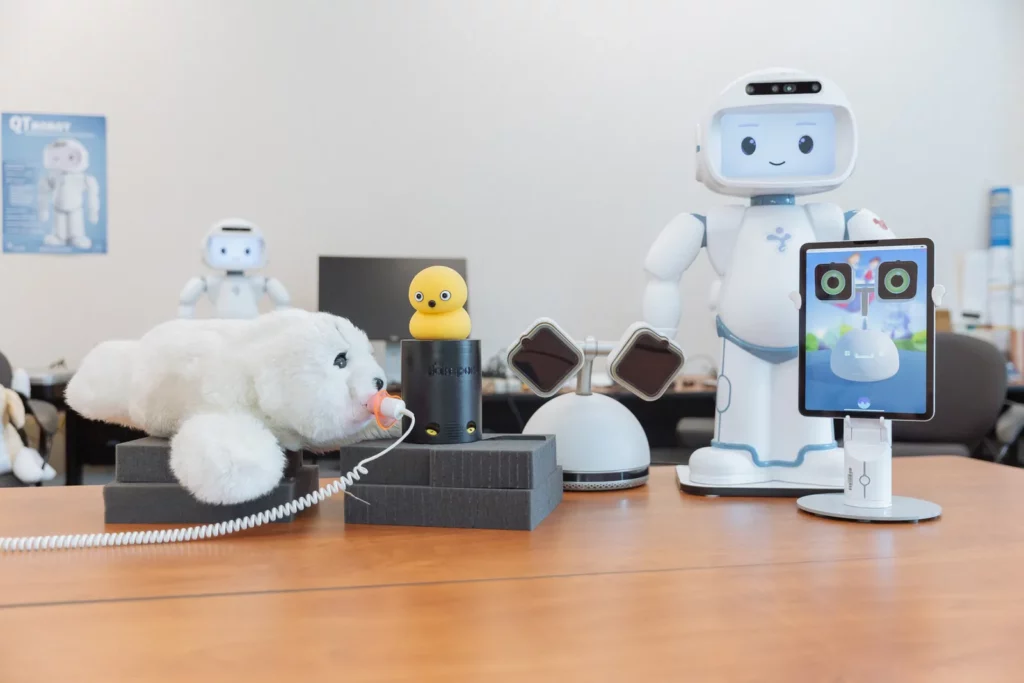
As this empathetic robotics movement gains momentum, it brings with it a promise of a more compassionate and hopeful future for individuals living with dementia. By challenging the despair narrative, Šabanović, Brankaert, and their fellow researchers are paving the way for a paradigm shift in how society views and cares for those with cognitive challenges. The rise of empathetic robotics marks not just a technological advancement but a profound human-centric approach to enhancing the lives of individuals with dementia.
Redefining human-centered tech
Amanda Lazar’s influential paper inspires a shift in perspective, expanding our understanding of human cognition beyond conventional definitions. Warm technologies focus on sensations, experiences, and emotions, challenging traditional views of human-computer interaction.
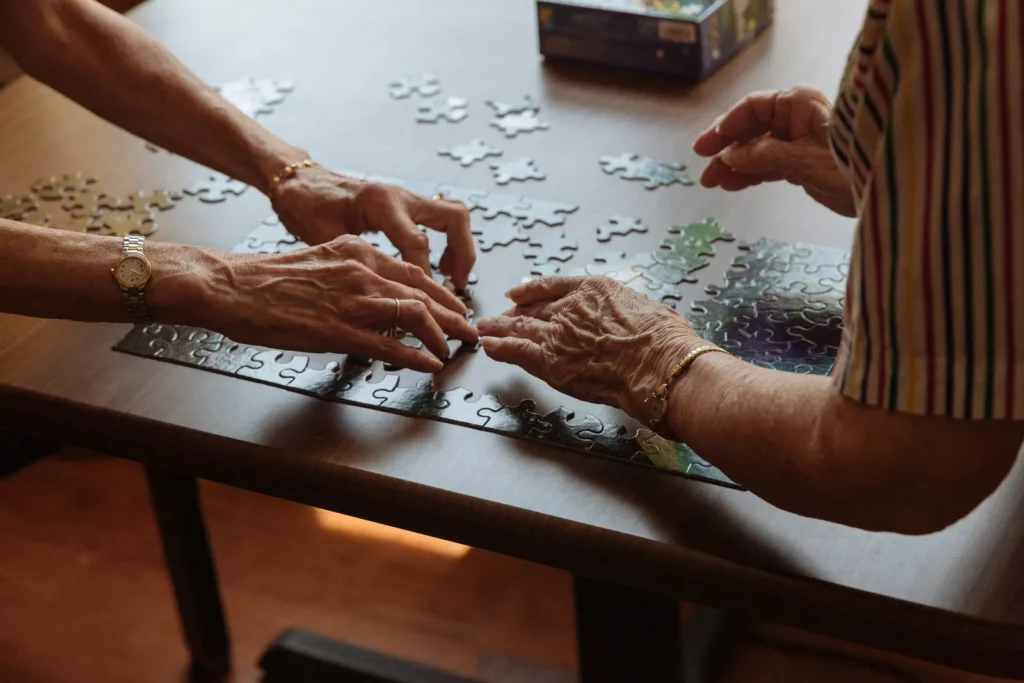
The collaboration between robotics and dementia care presents hope for an optimistic future. Visionary approaches emphasize the potential of robots to bring joy and meaning to the lives of those with dementia, offering a beacon of hope for the future of caregiving.


